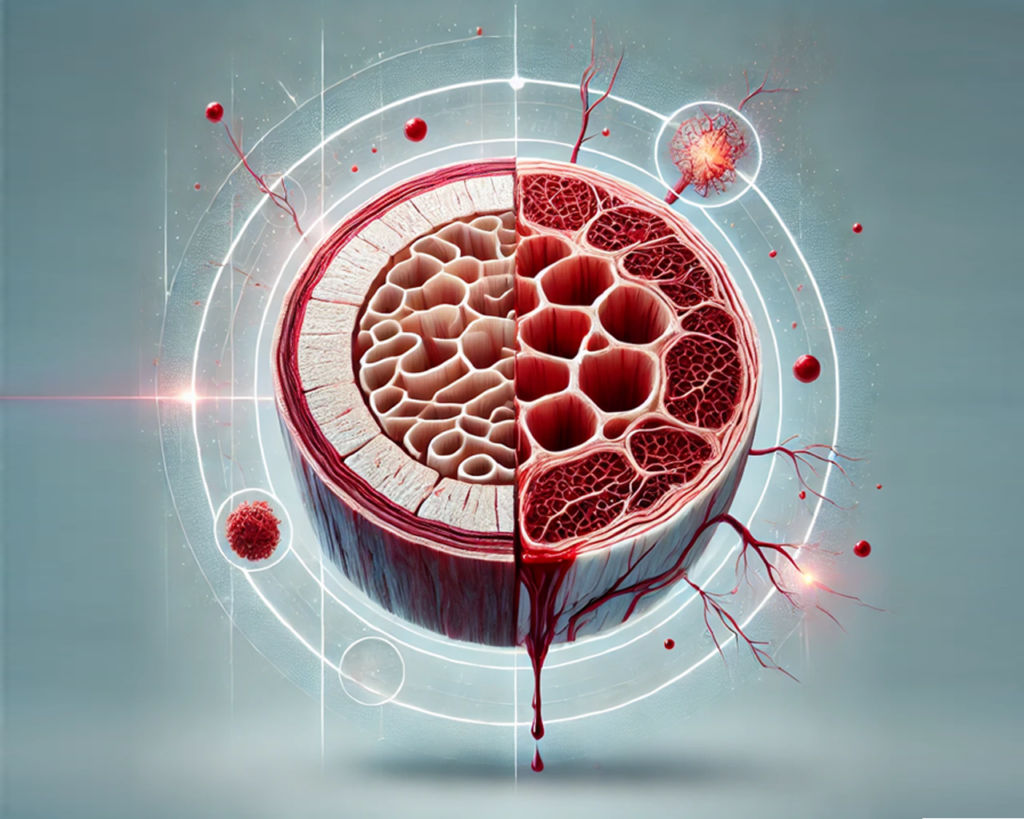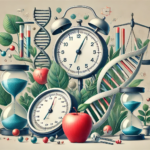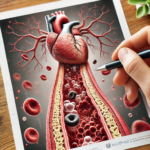What is an Infarction?
Infarction basically refers to tissue death (necrosis) due to a lack of blood supply. Since one of the main functions of blood is to carry oxygen to the tissues, whenever blood flow is blocked to a specific area for an extended period of time, irreversible damage typically occurs. The more important the tissue that is affected, the bigger the problem.
Infarction Examples
Infarctions can technically happen in all organs and tissues – depending on where the blockage occurs, but some organs are typically more susceptible to hypoxia (lack of oxygen) than others. The brain and the kidneys are particularly susceptible, and with approximately 1.5 million cases per year in the US, myocardial infarctions (MIs) are among the most common . Here are some common examples:
- Myocardial Infarction (Heart Attack): When blood flow to heart muscle is blocked, whatever area is affected dies resulting in impaired heart function. Usually by a clot in a coronary artery.
- Cerebral Infarction (Stroke): When blood flow to a part of the brain is interrupted, this leads to a stroke. The consequences of a stroke depend on the specific area of the brain that is affect. If it occurs in the motor cortex, you lose the ability to move that body part. If it occurs in the sensory cortex, you lose sensation in that body part.
- Pulmonary Infarction: When a portion of lung tissue dies due to a blocked artery, often caused by a pulmonary embolism. You will lose pulmonary function depending on the size of the area that is affected.
- Renal Infarction: When blood supply to the kidneys is obstructed, often due to clots or embolisms.
🤔 Why you need to know:
Understanding infarction is critical as it can lead to severe and life-threatening conditions depending on the affected organ. Recognizing symptoms early can be lifesaving. The most important thing is that you familiarize yourself with the:
And seek medical attention quick whenever in doubt.
Practical steps for prevention:
- Control Risk Factors: Manage blood pressure, cholesterol levels, and avoid smoking to reduce the risk of blockages.
- Recognize Symptoms: Know the warning signs of organ-specific infarctions, like chest pain for a heart attack or sudden weakness and slurred speech for a stroke.
- Stay Active: Regular exercise improves circulation and helps maintain healthy blood vessels.
🧠 Trivia:
The word “infarction” is derived from the Latin word “infarctus,” meaning “stuffed” or “filled up”. This refers to the blood vessels being blocked or clogged, leading to tissue death in the affected organ.



